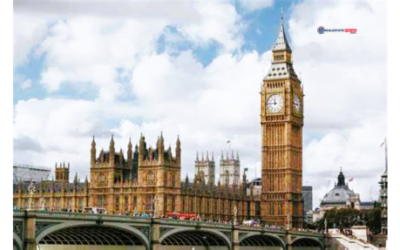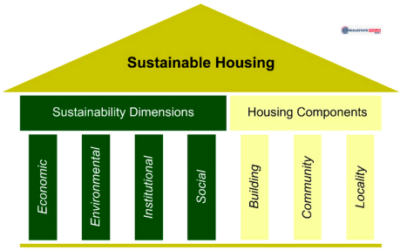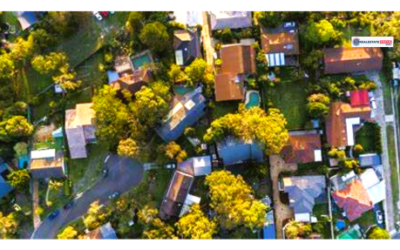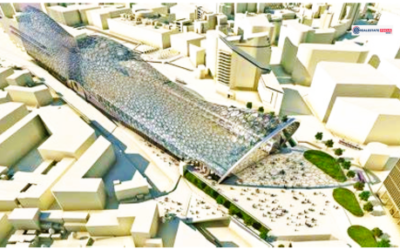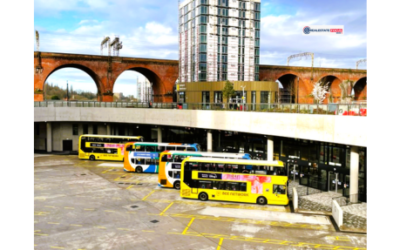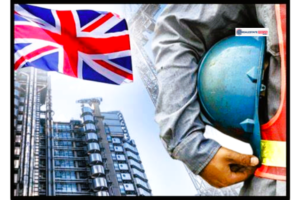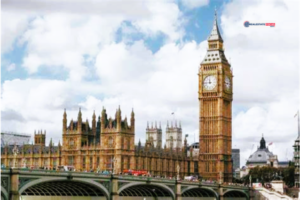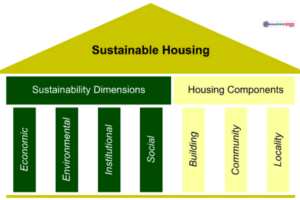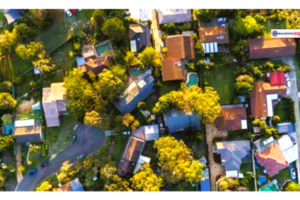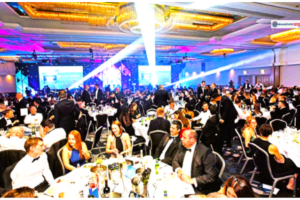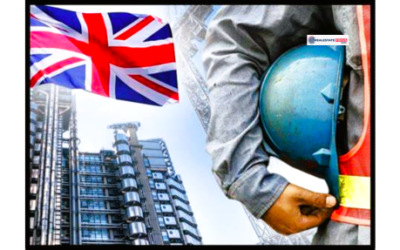
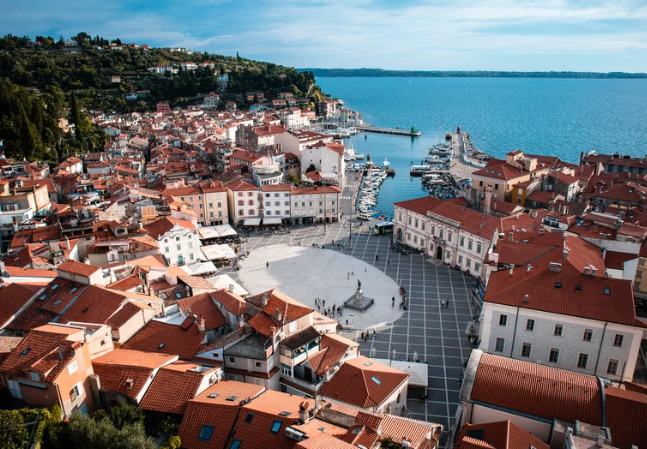
Redevelopment Plans for Shahrukh Khan’s Sea-Facing Building on Mumbai’s Carter Road
A sea-facing building on Mumbai’s Carter Road, where Bollywood actor Shahrukh Khan owns a property, is being considered for redevelopment. The building is located in one of the city’s most sought-after residential areas. If approved, the redevelopment project could modernize the structure, enhance its facilities, and increase property values in the neighborhood.
The property is part of a cooperative housing society, a common type of residential ownership in Mumbai. Many cooperative societies in the city have been opting for redevelopment due to aging infrastructure. Over time, older buildings often require major repairs, and redevelopment is considered a more efficient solution than constant maintenance.
Mumbai’s real estate market has seen a steady rise in redevelopment projects, especially in prime locations like Carter Road. The demand for high-quality housing in sea-facing areas has made redevelopment an attractive option for both property owners and developers. Redevelopment projects offer newer buildings with better structural integrity, modern amenities, and compliance with updated safety regulations.
The redevelopment of housing societies in Mumbai follows a structured process. First, the members of the cooperative society must agree on the redevelopment plan. A developer is then selected to undertake the project, and legal agreements are put in place to ensure fairness for all residents. The project must also receive approvals from municipal authorities and follow regulations set by the Maharashtra government.
One of the key motivations for redevelopment is the increasing cost of maintaining old buildings. As buildings age, structural issues such as water leakage, weakened foundations, and outdated electrical and plumbing systems become expensive to repair. Redevelopment provides an opportunity to replace old infrastructure with new, sustainable, and energy-efficient designs.
Redevelopment also impacts the housing market by increasing property values. New buildings with upgraded features tend to attract higher prices and greater demand. In high-end locations like Carter Road, the introduction of a modern structure can boost the overall appeal of the neighborhood.
Shahrukh Khan’s property in the building has drawn significant attention to the redevelopment discussions. His presence in the area has already contributed to the desirability of Carter Road as a luxury residential destination. However, decisions regarding redevelopment are made collectively by the cooperative housing society members rather than individual property owners.
The approval process for redevelopment can take time due to the number of stakeholders involved. Housing society members must negotiate the terms with developers, including compensation, project timelines, and temporary relocation arrangements. Some residents may be hesitant about redevelopment due to concerns about displacement or changes to their living arrangements.
During redevelopment, residents are usually provided with temporary accommodation or financial compensation. Once the new building is completed, they are given apartments in the upgraded structure. In some cases, the new apartments are larger or come with additional benefits such as parking spaces, enhanced security, and modernized interiors.
Legal and regulatory approvals are essential before any redevelopment project can begin. The municipal corporation must approve the building plans, and developers must adhere to guidelines regarding construction, environmental impact, and safety measures. Any delays in obtaining approvals can slow down the redevelopment process.
Mumbai has experienced both successful and stalled redevelopment projects in the past. Some projects have been completed efficiently, leading to well-planned modern buildings. However, others have faced challenges such as legal disputes, financial difficulties, and disagreements among residents. Transparency in agreements and cooperation between housing societies and developers are crucial for smooth project execution.
Real estate experts believe that redevelopment in areas like Carter Road can set a precedent for similar projects across Mumbai. With land scarcity being a major challenge in the city, redevelopment allows for better land utilization while preserving residential spaces in prime locations.
Developers interested in projects in upscale areas like Carter Road must ensure that their proposals align with the expectations of residents. Many buyers in this area seek premium housing with advanced infrastructure, luxury amenities, and eco-friendly designs. Sustainable construction practices, energy-efficient buildings, and improved public spaces are becoming important factors in redevelopment planning.
Another factor influencing redevelopment is Mumbai’s changing urban landscape. With increasing population density and limited space for new construction, redevelopment offers a way to upgrade existing housing stock without expanding into new areas. This approach supports the city’s long-term urban planning goals while accommodating its growing population.
The outcome of the redevelopment proposal for Shahrukh Khan’s building will depend on negotiations between the housing society and potential developers. If the project moves forward, it could enhance the overall value of the property and contribute to the modernization of Carter Road’s residential infrastructure.
Redevelopment continues to be a key driver in Mumbai’s real estate sector. As more housing societies explore reconstruction options, the city’s skyline is evolving with new and improved buildings. The Carter Road project is part of this broader transformation, reflecting Mumbai’s ongoing efforts to balance heritage with modern urban development.
The success of this redevelopment will be closely watched by other cooperative housing societies considering similar projects. If managed efficiently, it could serve as a model for future redevelopment initiatives in Mumbai’s high-value residential areas.


